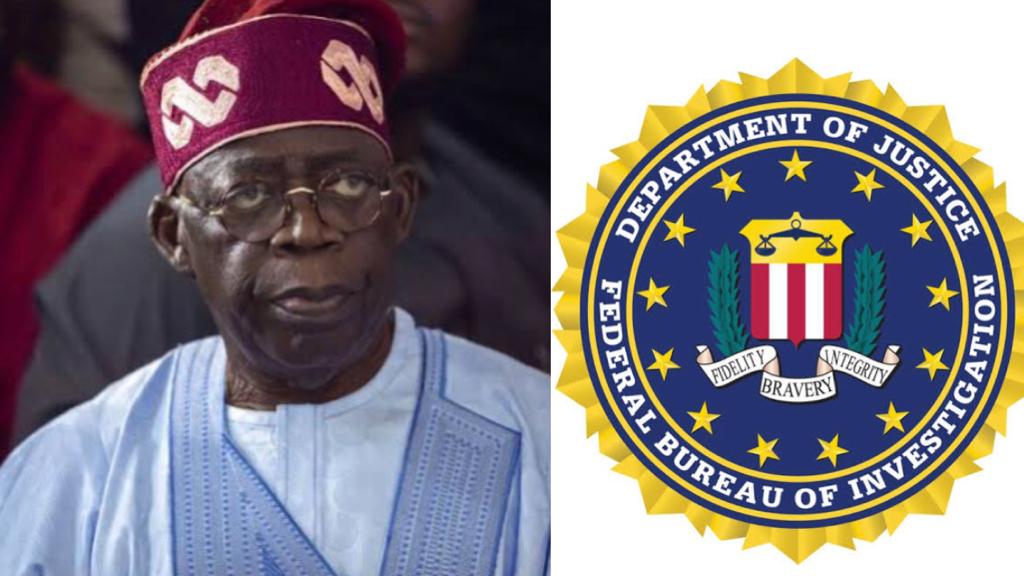
Authorities in possession of President Bola Tinubu’s criminal and immigration records in the United States have recently disclosed that these records will not be released until 2026. This revelation comes amidst a controversy surrounding the removal of oil subsidy by the Nigerian government, which has been affecting the lives of Nigerians significantly.
According to court documents seen by Peoples Gazette, both the U.S. State Department and the Federal Bureau of Investigation (FBI) cited ‘unusual circumstances’ as the reason for denying public access to these records. Despite a freedom of information request, the U.S. authorities indicated that even if they were to release the records, it would not be until January 2026.
This development has prompted a civil lawsuit filed before Judge Beryl Howell of the United States District Court for the District of Columbia in Washington, D.C., by Aaron Greenspan, an American public disclosure activist. Greenspan filed a request to various federal and local agencies, including the FBI, State Department, Department of Treasury, and Drug Enforcement Administration, urgently seeking the release of Mr. Tinubu’s immigration and criminal records.
In response to the allegations, Mr. Tinubu maintained in court that he did not commit any crimes during his decades-long residency in the U.S., asserting ownership of his identity. However, there have been indications that he might have altered names and education records in the past, leading to discrepancies in his real identity and education history.
One instance of this involves Mr. Tinubu’s claim under oath to the electoral office INEC in 1999, while seeking to be Lagos governor, that he attended the prestigious University of Chicago. However, the university has since disowned him, and records from another American school, Chicago State University, indicate that a Bola Tinubu who attended the school in the 1970s was female.
Furthermore, Mr. Tinubu made contradictory statements under oath in 1999, claiming to have attended primary and secondary schools in Lagos and Ibadan in the 1950s and 1960s. However, he omitted these assertions from his latest INEC application form ahead of the 2023 general elections.
In addition to these controversies, Mr. Tinubu’s name was linked to a drug trafficking case in U.S. court documents in 1993, leading to the forfeiture of $460,000 at the time. These records are crucial in an ongoing challenge to Mr. Tinubu’s election as president of Nigeria before a tribunal hearing election petitions in Abuja.
Despite the public interest in clarifying these critical questions, the U.S. authorities have not been forthcoming in releasing the requested documents. Aaron Greenspan’s efforts to shed light on Mr. Tinubu’s background have been met with delays and rejections, with the FBI stating that the requested information is not in the public interest.
In response to these developments, all the involved agencies have been summoned to appear in court to explain why records relating to a Nigerian president are deemed unusual and inconsequential for public release. Assistant U.S. attorney Jared Littman, representing the agencies, has requested a delay until August 28, 2023, to file a response to the lawsuit, which was instituted on June 12, 2023.
As the legal battle unfolds, Nigerians eagerly await the resolution of these questions surrounding President Bola Tinubu’s past, hoping for transparency and accountability in their leader’s history. The outcome of this case could have significant implications for the country’s political landscape and the public’s trust in their elected officials.